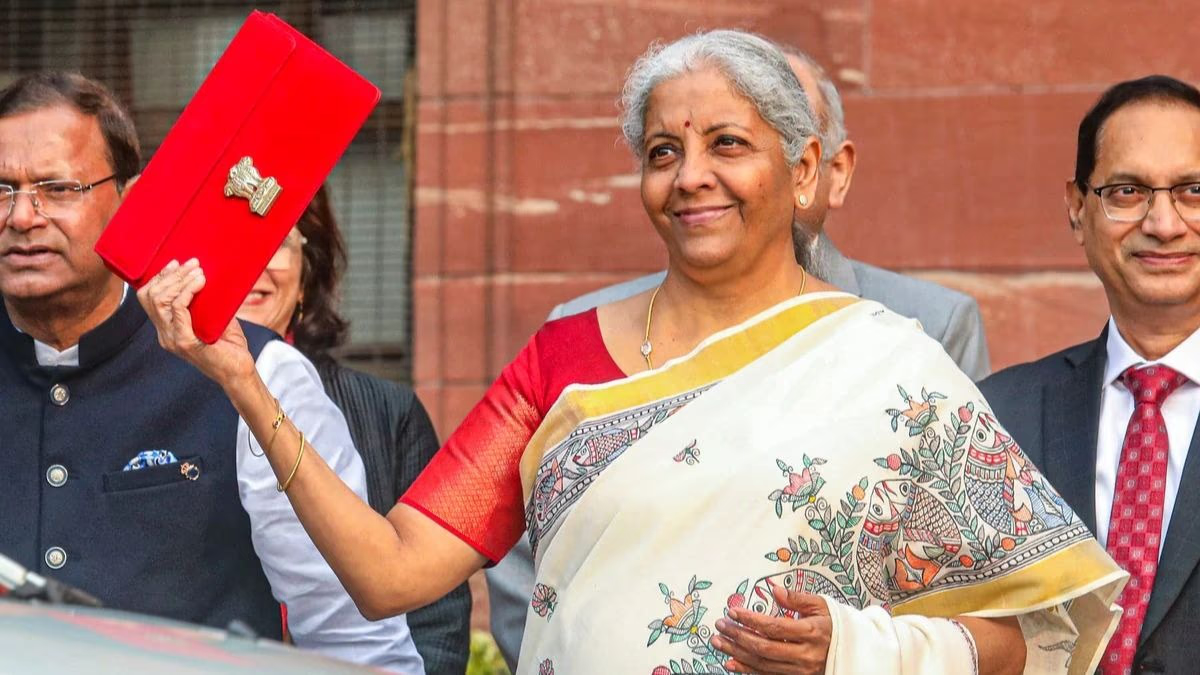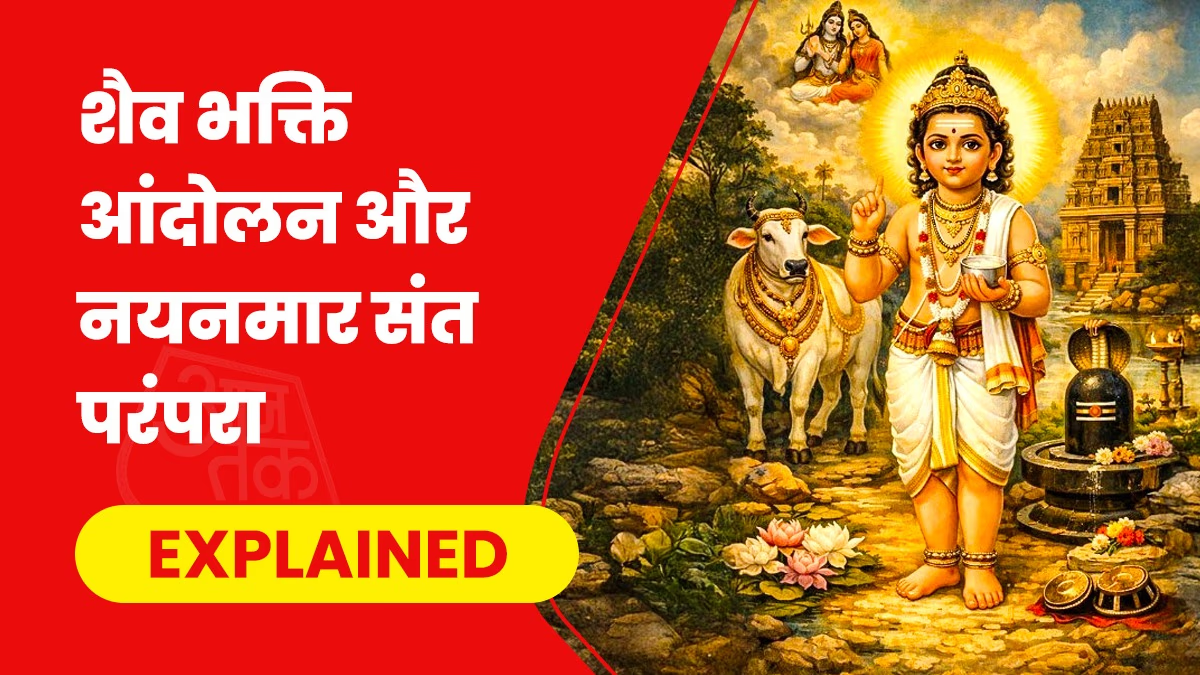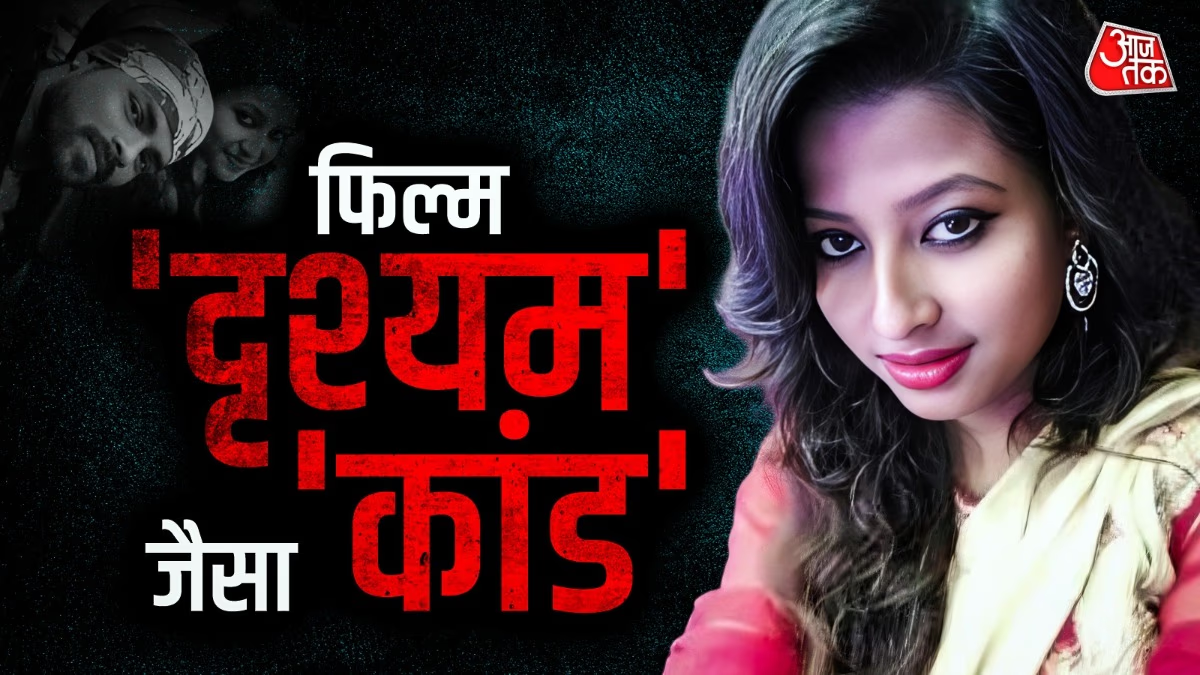Just before the polls in Delhi, the Modi government has given a significant relief to the middle class. Presenting Budget 2025, Finance Minister Nirmala Sitharaman announced that income up to Rs 1.2 million per year will now be tax-free. Additionally, there will be a benefit of Rs 75,000 as a standard deduction. This raises the big question: will this tax relief affect the upcoming assembly elections in Delhi? And does it have the potential to shift the electoral dynamics?
The role of the middle class in Delhi's politics has been considerably important. A significant part of Delhi's total population is from the middle class, which is not only taxpayers but also politically aware. In this state, where the contest is directly between the Aam Aadmi Party (AAP) and the Bharatiya Janata Party (BJP), the mood of the middle class directly impacts election results.
Delhi voters are primarily divided into three classes:
Middle Class:
A major portion of taxpayers who could be influenced by tax relief announcements.
Lower Class:
Relies on government schemes and free facilities.
Upper Class:
Tends to favor major parties like BJP or Congress.
How will it impact Delhi elections?
In Delhi, with a population of 25 million, 1.5 million people pay income tax. It is estimated that amongst them, 600,000 people will no longer pay income tax. Assuming each of these 600,000 taxpayers' families have at least four members, this relief will directly benefit 2.4 million individuals in Delhi. Therefore, you can say that this decision will have a significant impact on Delhi’s elections.
However, the BJP says that if the government wanted to win elections, they would have made this announcement in the budget of 2024, before the Lok Sabha elections. The real aim of this announcement is to enhance the spending capacity of middle-class families. When the government does not take Income Tax from someone earning up to Rs 100,000 per month, they will have more money in hand. With more money, they will spend more, boosting the middle class's spending power and giving the nation’s economy a new push.
- There are 400,000 government employees in Delhi who will benefit directly from this.- This can affect the votes of 1 million government employees.- It may also impact the votes of 7 million women.- Tax relief could impact 67% of Delhi's population.
What party leaders and experts say about its impact on Delhi elections:
Will the changes in tax slabs and budget impact the Delhi elections? On the special show 'Dangal', BJP spokesperson Shivam Tyagi stated that after BJP’s government formation in 2014, people had to pay tax on any income after Rs 250,000 even after 65 years of independence, and the slab for Rs 250,000 to Rs 500,000 was taxed at 10%. Now, no tax is paid on income up to Rs 1.2 million. Such a fundamental change for the middle class has not been done by any Prime Minister or Finance Minister post-independence. This is not just for elections; it is for the country, for the middle class which is the heart of the nation like Delhi is.
Congress spokesperson Anil Yadav said that Delhiites don’t like arrogance. This is the public that brought AAP, and the same people did not let BJP come to power. This is the public that will bring Congress in the upcoming elections. There used to be a time when with the budget, there was an excitement regarding what everyone would get, what will be there for the youth, for the women, and for the farmers. But ever since the BJP government came into power, the middle class trembles at the mention of the budget, fearing what will be taken from their pockets. There’s a big difference between what they say and do.
About 45% of Delhi voters are from the middle class. Has this budget affected these voters for the BJP? Political expert Ashutosh stated that when we talk about the middle class, there are many categories. The upper middle class of Delhi, which supported AAP's movement and backed it heavily, is now unhappy with AAP. However, below this upper middle class sits a middle-middle class and a lower-middle class. When defining the middle class, they are kept in the slab of five lakh to thirty lakh. Therefore, the change in tax slabs does not affect the middle-middle class, the lower middle class, or those living in shanties. They believe electricity-water bills are waived, and their education system is now okay.
AAP spokesperson Anurag Dhanda said that Arvind Kejriwal asked for seven things for the middle class, and only one demand was worked on because they wanted to propagate. Even in this, they put a condition that if you earn Rs 1,250,000, then reach back to four lakh and all slabs will apply. We said the education budget you hold at 2%, increase it to 10%, the health budget you hold at 2%, make it 10%. What was unreasonable in this demand? It mostly benefits the middle class. They benefit its children, they benefit the elderly. Budget announcements were made for other states like Bihar, but there's no respect for Delhi people in their eyes. There’s nothing for Delhi in the budget. Modi Ji says that 40 million houses will be made across the country, yet only 4,700 will be constructed in Delhi. They do nothing for Delhi during elections, and even less after.
Will the middle class shift Delhi's election mood?
Experts suggest that if the middle class finds the tax relief sufficient, the BJP could gain direct advantage. However, AAP has a stronghold in Delhi, popular especially among the lower, lower-middle, and middle-middle classes due to free electricity, water, education, and health services. While the middle class receives relief from the income tax concession, the electoral issues in Delhi extend beyond economics. Education, health, pollution, and basic amenities are significant factors. Moreover, local issues like the Yamuna cleanup, women’s safety, and traffic also influence electoral decisions.




